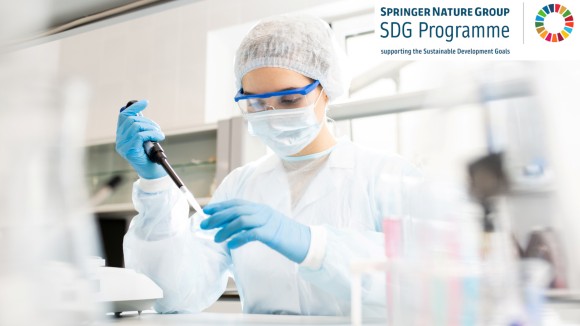Collection
Live biotherapeutics and medicinal microbiome products
- Submission status
- Open
- Submission deadline
Non-communicable diseases and disorders are on the rise, with many, such as obesity, type II diabetes, autoimmune defects, chronic immune disorders, allergies, and fertility and pregnancy problems, being associated with the quality of microbiota.
Whilst there is still some debate on the definition of healthy microbiota - particularly as it relates to various body sites - there is consensus regarding the importance of factors such as diversity, resilience, metabolic flexibility, and the immune impact of microbiota on the human host.
Given the complexity and variability of the microbiota, identifying individual microorganisms (strains, species, genera, etc.) and the role that they play in non-communicable diseases (either positive or negative) is extremely challenging. However, approaches such as fecal microbiota transplants (FMT) have been successful in reducing the burden of some non-communicable diseases. Despite potential benefits, introduction of largely undefined microbial consortia present certain risks and have proven to be a regulatory challenge. This has prompted a move towards live biotherapeutics, which are live microorganisms (individually or in defined consortia) that are used for the prevention, cure or treatment of disease.
The use of live biotherapeutic products to treat disease also presents a regulatory challenge. In 2023, the FDA approved two live biotherapeutic products for the treatment and prevention of recurrent Clostridioides difficile (Cdif) infections, with more dossiers under preparation for evaluation by drug authorities in various therapeutic areas. Given the interest in live biotherapeutic products, it is important that a robust regulatory framework be defined.
This Collection welcomes contributions on recent developments in the utilization of live biotherapeutics and medicinal microbiome products for the treatment or prevention of diseases. We are particularly interested in difficult-to-treat non-communicable diseases whose pathogenesis is associated with microbiota.
We welcome submissions which address the following questions:
- What are the core microorganisms absolutely necessary to maintain a healthy life?
- Are numbers crucial, or do pathways and functionalities play a more significant role?
- What (new) tools, methods and research areas do we need to develop further to allow for a more effective development of this incredibly important axis in medicine?
- Is the regulation ready to deal with these new developments?
- Do we have enough (standardised) data to make the next jump?
- How can we adequately address the safety concerns for approaches affecting the microbiota of various body parts, such as the lungs, nose, oral cavity, vagina, and skin, versus the gut?
- Can the traditional probiotics or prebiotics fill in certain roles?
- What scientific level of proof is necessary and can the traditional schemes for clinical research be maintained?
This Collection supports and amplifies research related to SDG 3, SDG 4, and SDG 9.

Editors
-
Sarah Lebeer, PhD
University of Antwerp, Department of Bioscience Engineering, Groenenborgerlaan, Antwerp, Belgium.
-
Bruno Pot, PhD
Vrije Universiteit Brussel, Brussels, Belgium Yakult Europe BV, Almere, The Netherlands
